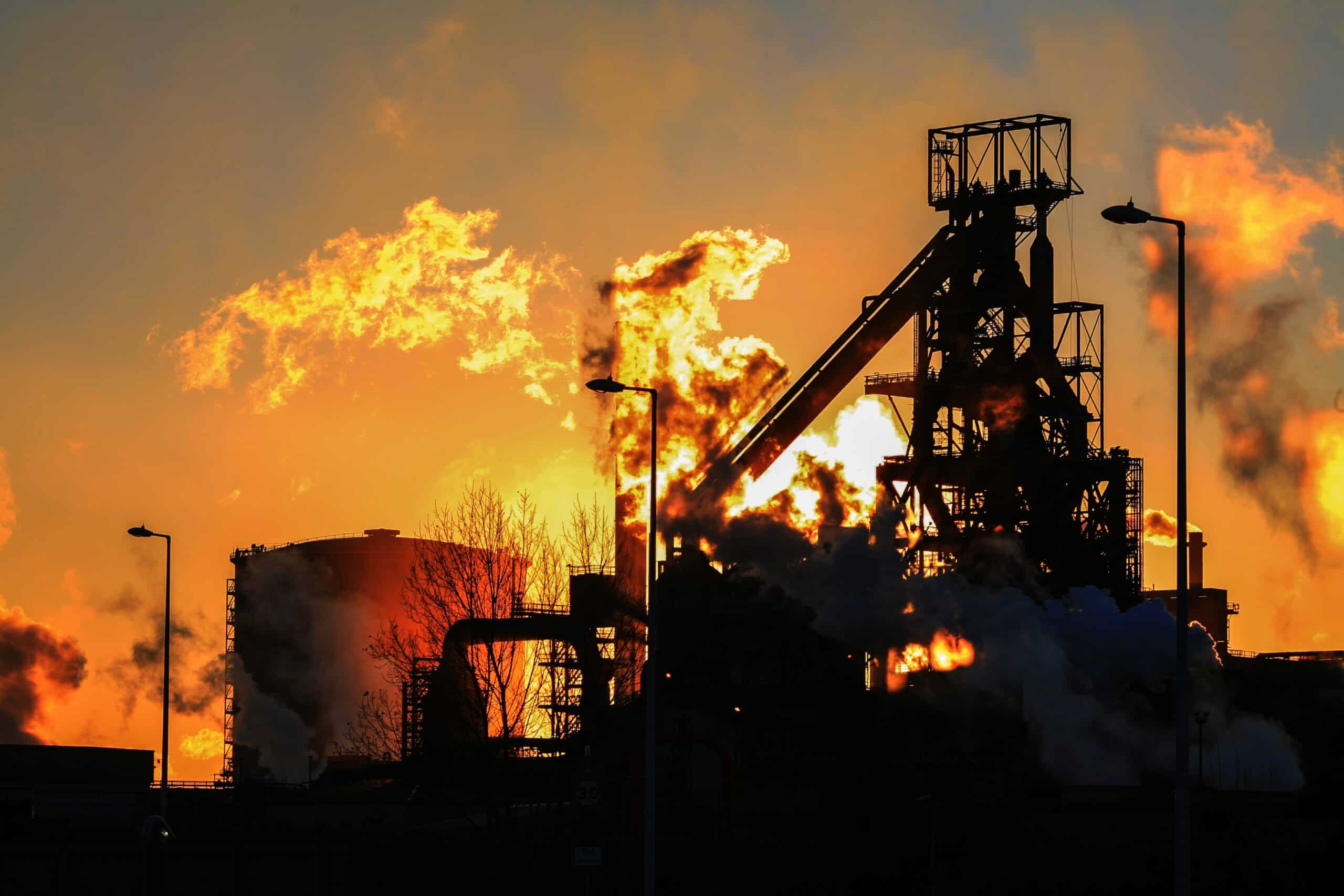UK citizens could be forgiven for thinking, in early April, that they had been transported back in time, amid suggestions British Steel should be nationalized—something that happened back in 1967.
British Steel (subsequently privatized in 1988) was a much bigger entity than today’s— which was created in 2016 from assets acquired from Tata Steel and then bought by China’s Jingye Group in 2020. The essential problem—the uncompetitive nature of domestic steel production compared to much cheaper imports, amid a backdrop of industrial decline—is similar and compounded by the UK’s gasdependent energy, now the priciest in Europe.
Jingye tried to close its loss-making Scunthorpe furnaces, which produce steel that is seen as economically and strategically vital to the national interest. Closure would leave the UK as the only leading European economy unable to make its own steel and dependent on cheap imports, notably from China.
British Steel’s long-term future remains unclear. The government said it will rescue the threatened 2,700 jobs and keep the furnaces burning with regular supplies of coking fuel—vital if the plant is to survive (if they cool, the plant becomes non-viable). It has also said it will continue looking for another buyer/partner.
BMI, a Fitch Solutions company, argues that the passing of the Steel Industry (special measures) Bill on April 12 “will most likely” lead to a nationalization of British Steel, given that the government now has de facto ownership of the long-term assets.
The crisis has laid bare the UK’s attitude to Chinese investment, particularly in industries seen as strategic. It follows the decision to force 35 UK telecoms providers to remove Huawei technology from their 5G services by 2027. It’s a big about-turn from 10 years ago, when the Conservative government eagerly sought Chinese investment and then PM David Cameron led several high-profile delegations to Beijing to deepen ties. China’s Foreign Ministry has said that politicizing the crisis could discourage Chinese investment elsewhere in the UK but Business Secretary Jonathan Reynolds has refused to rule out the possibility of sabotage by Jingye, saying its management at best amounted to neglect.
“Economic relations are definitely on a downward trajectory, with British Steel just the latest in a series of controversies,” says Charlie Robertson, head of strategy at investment fund FIM Partners.




